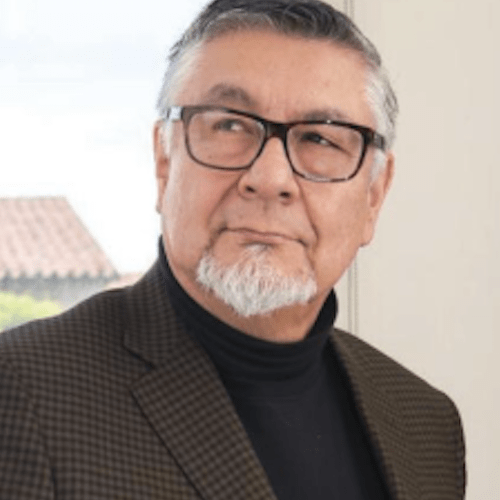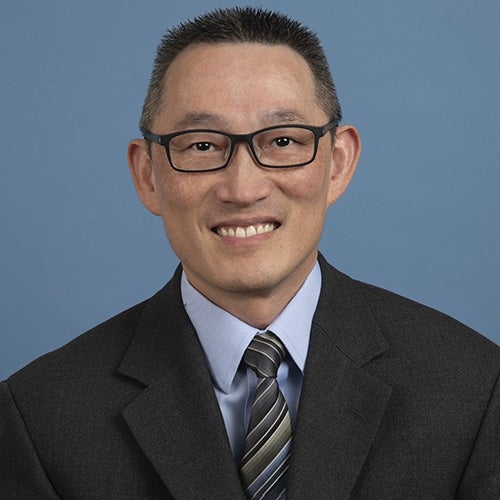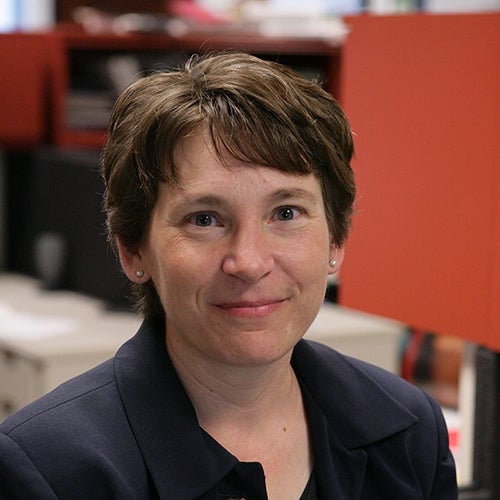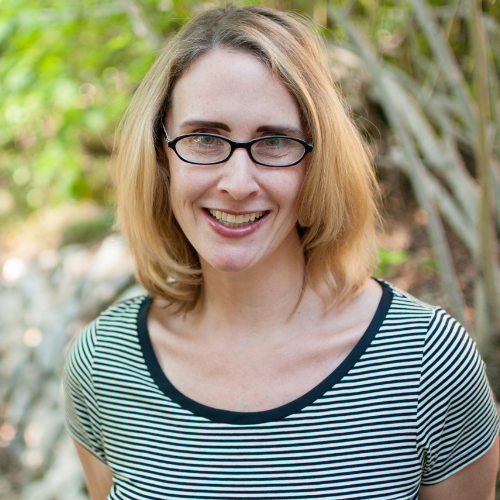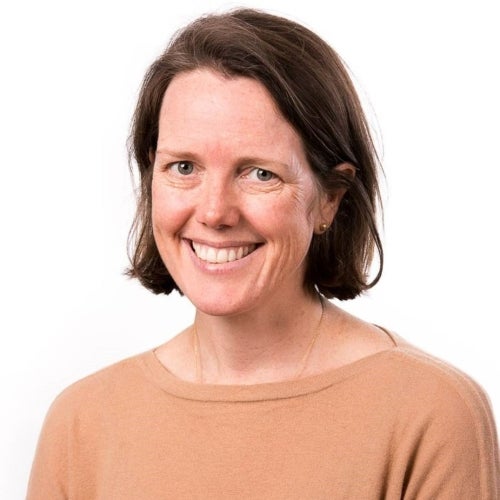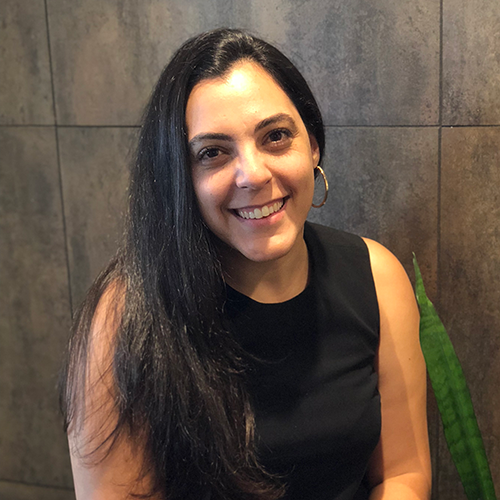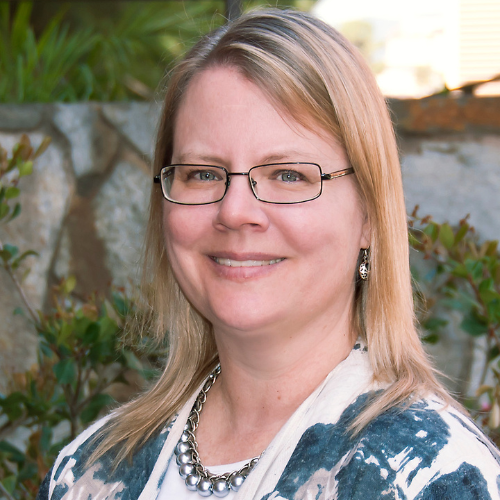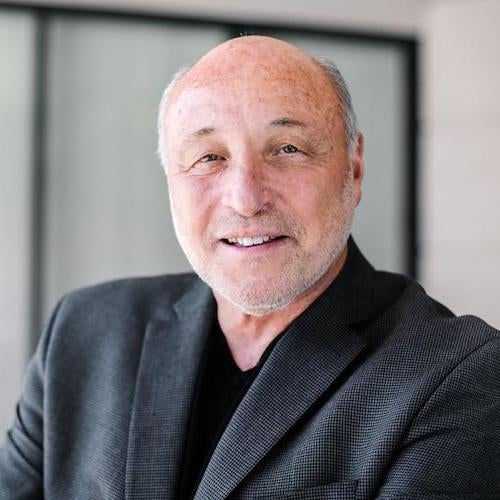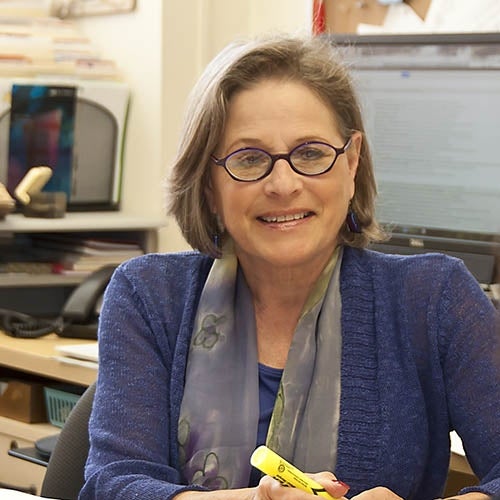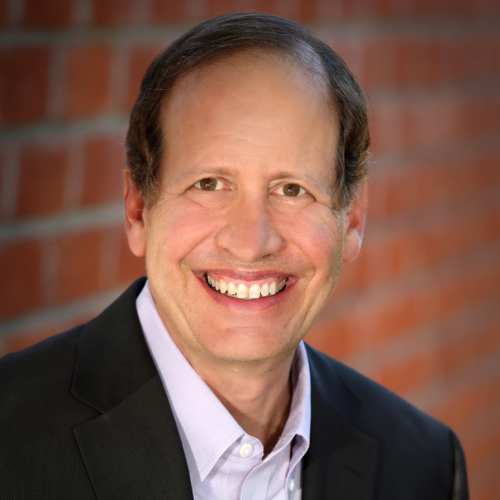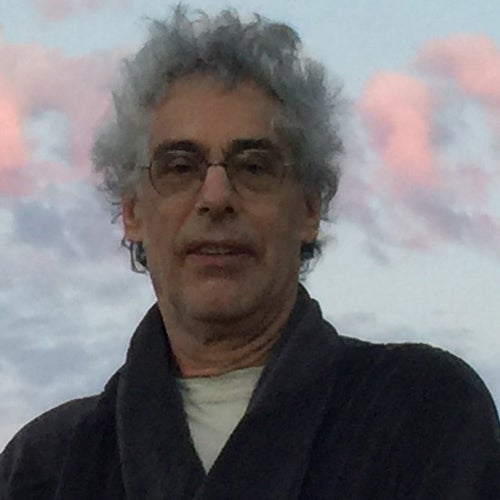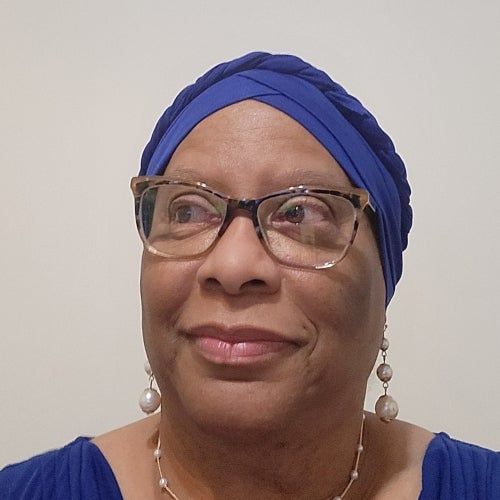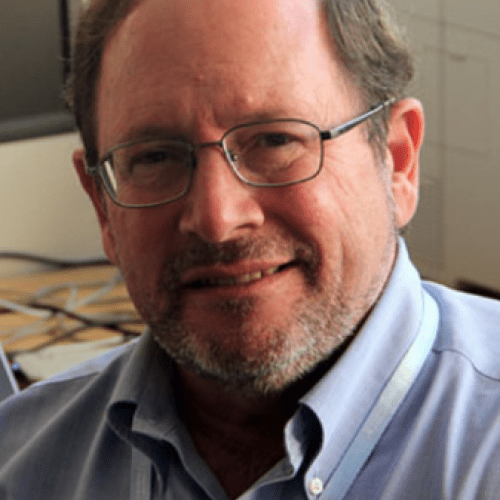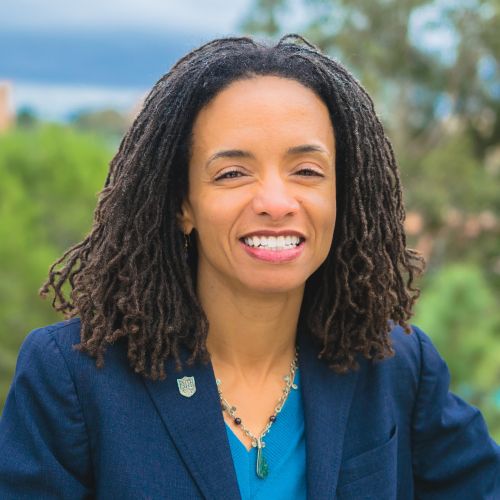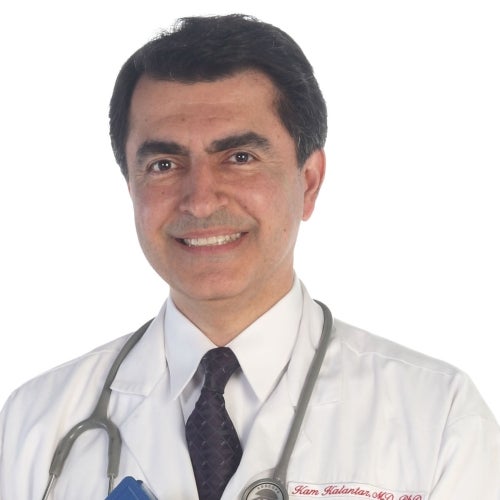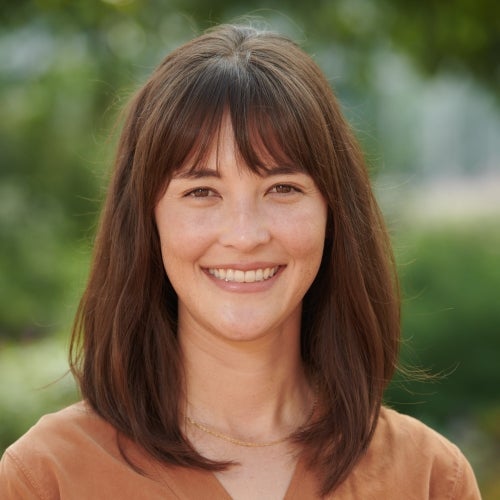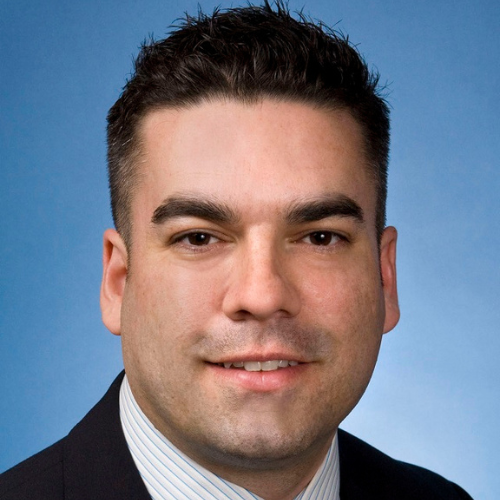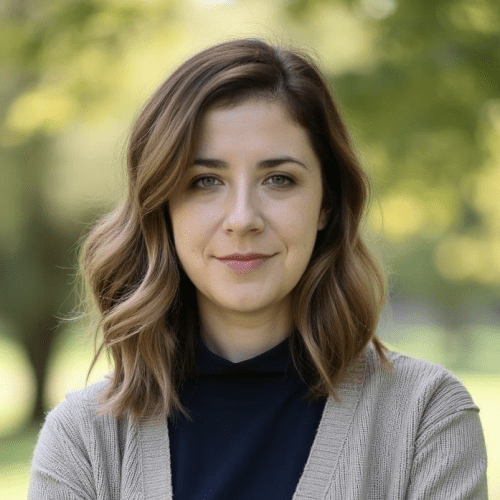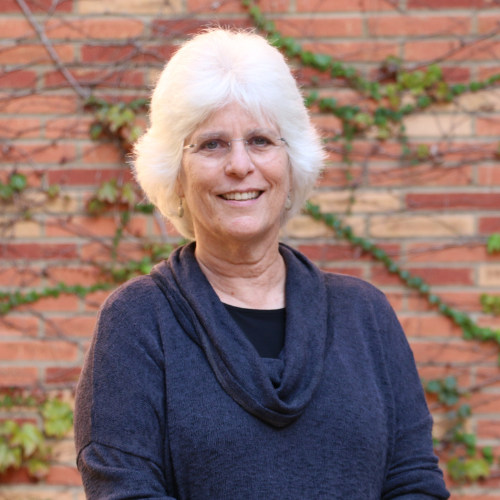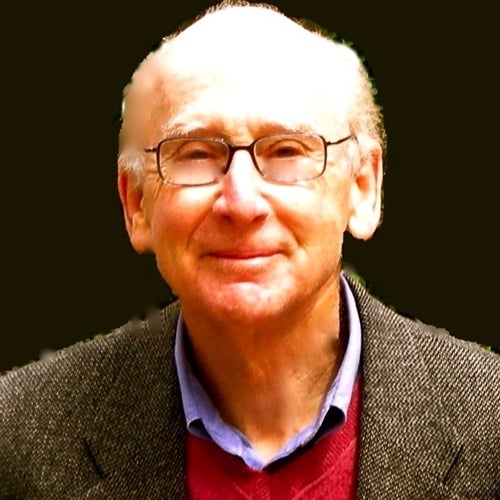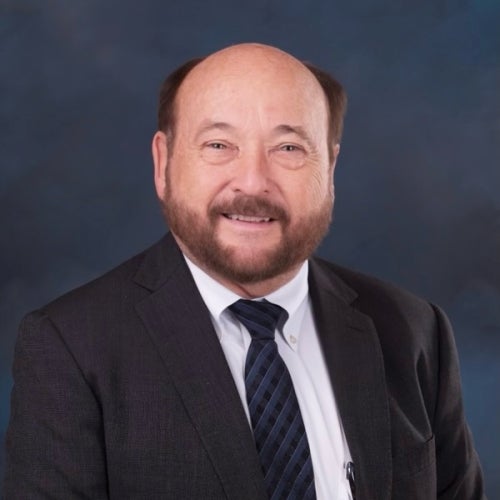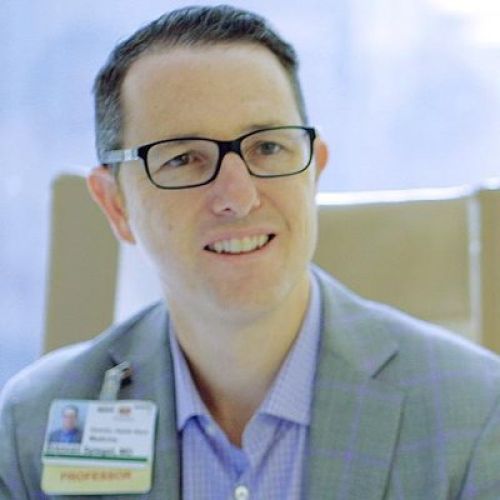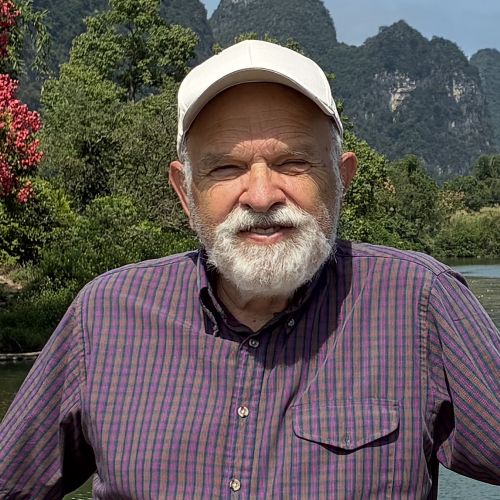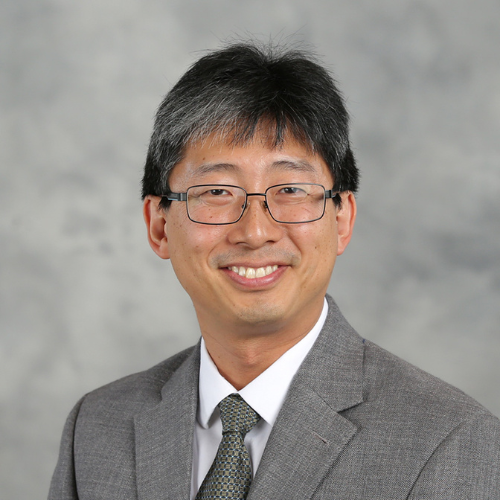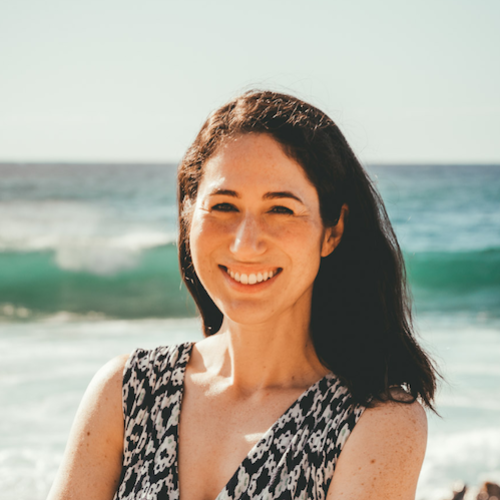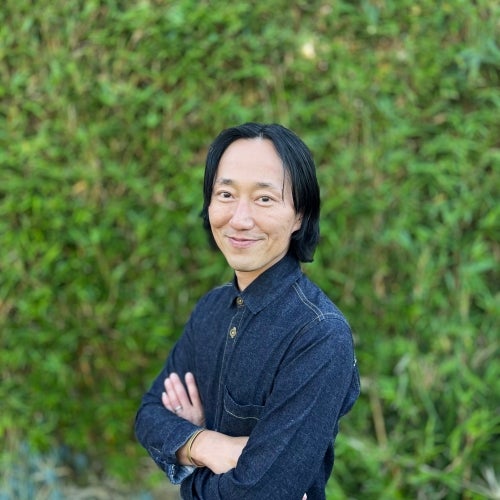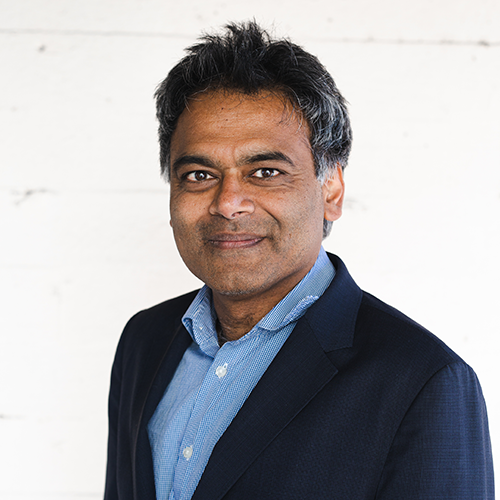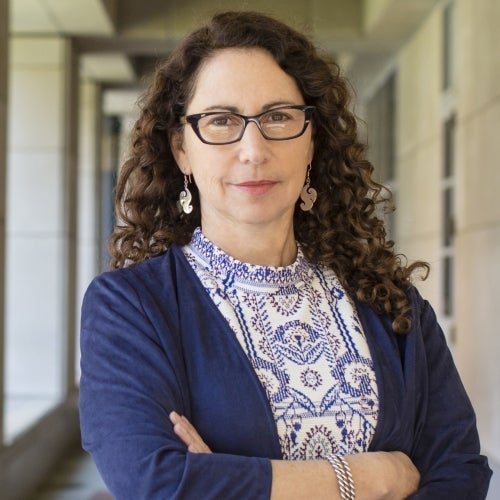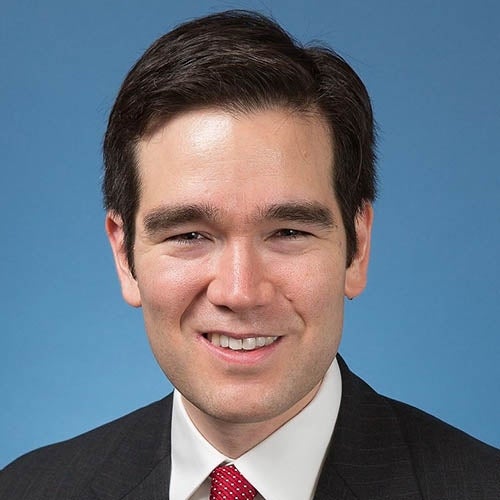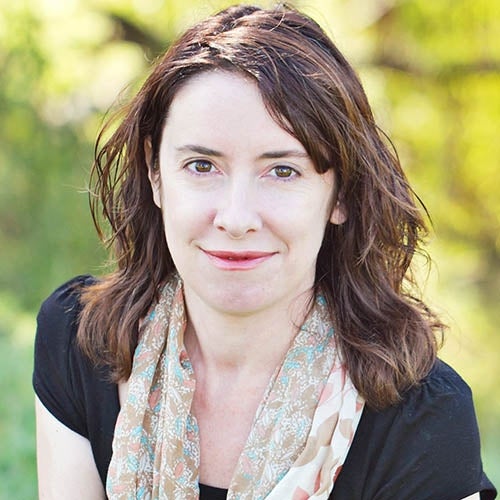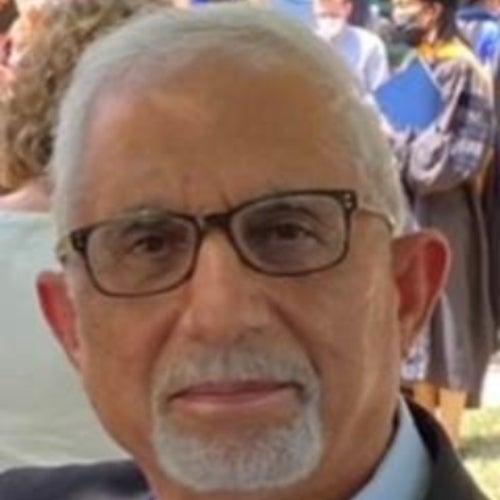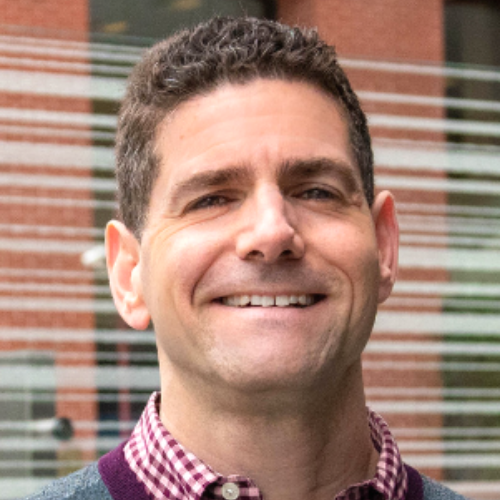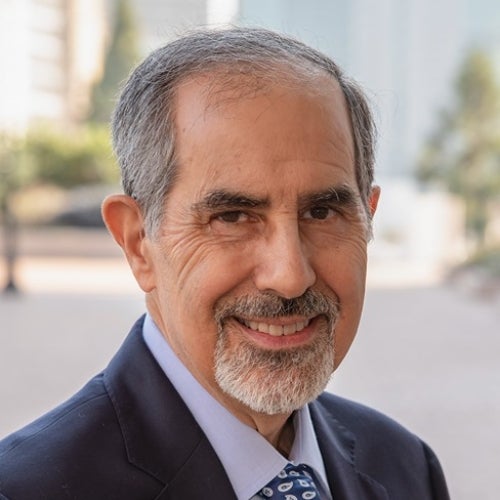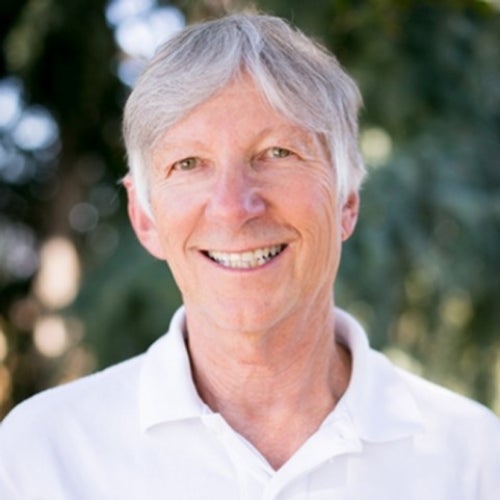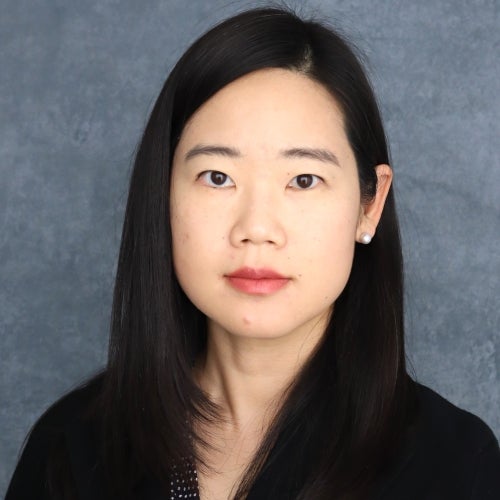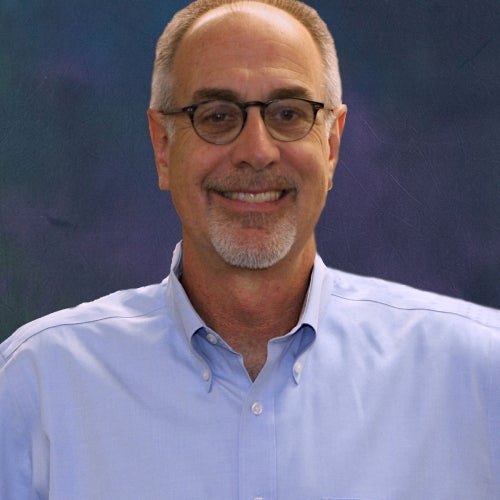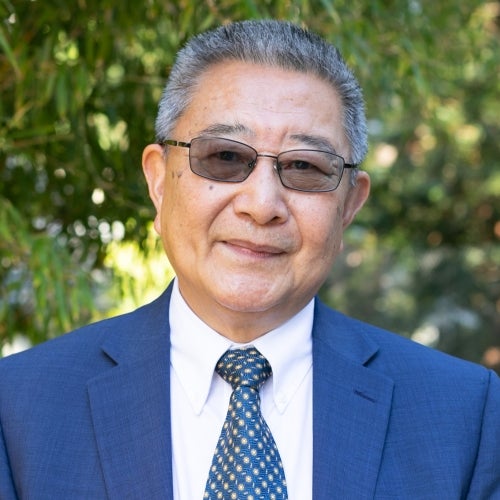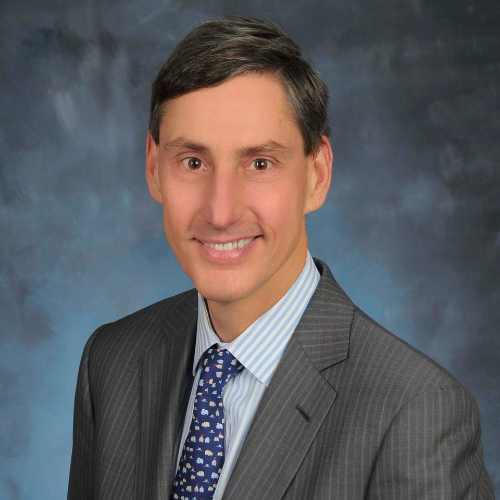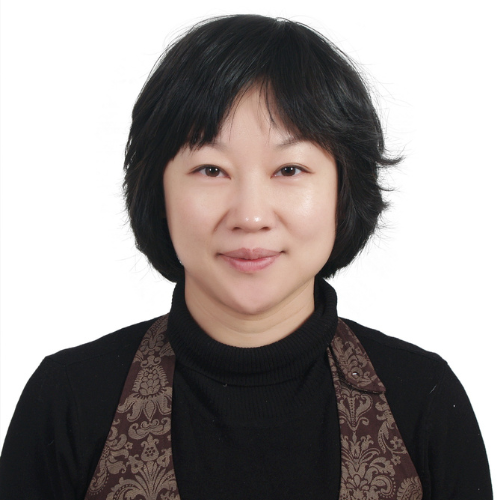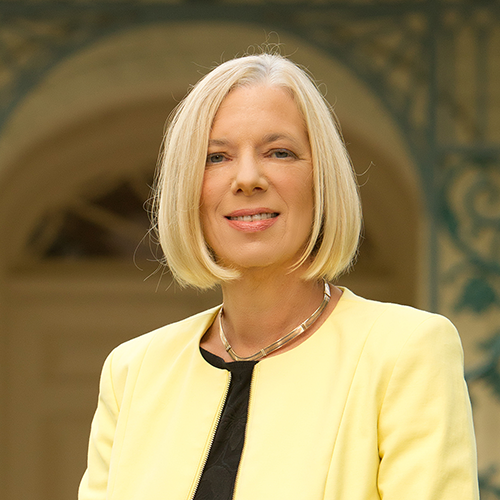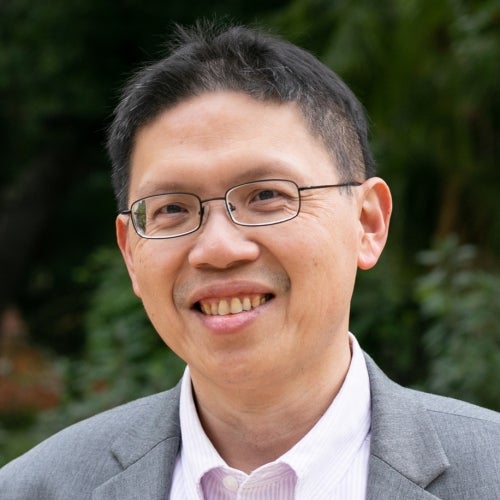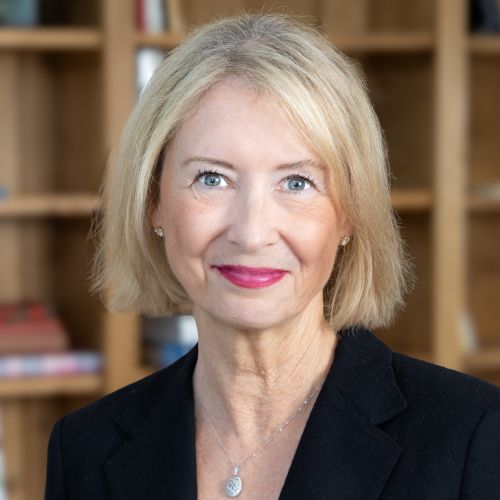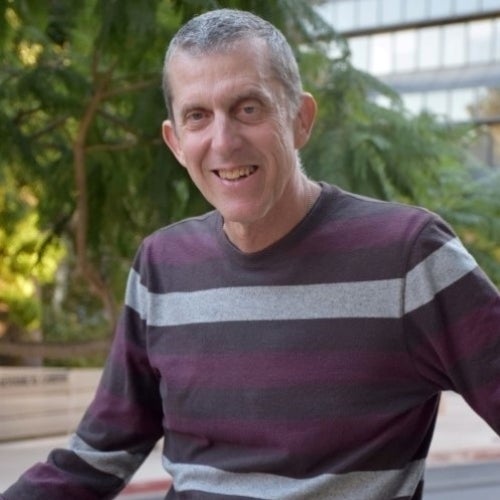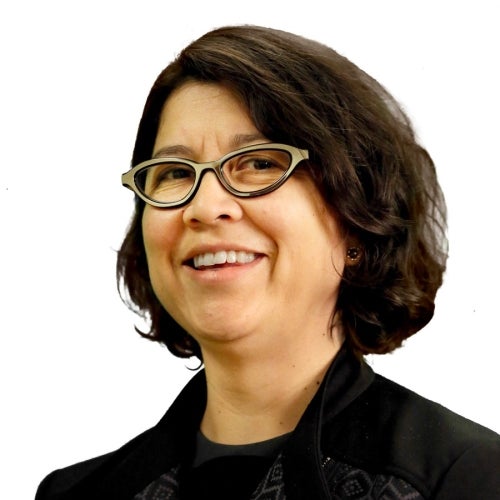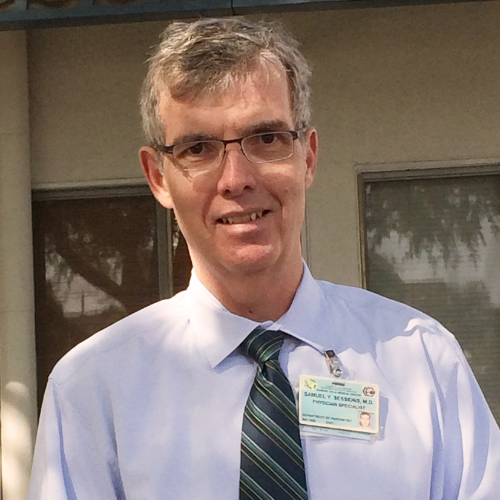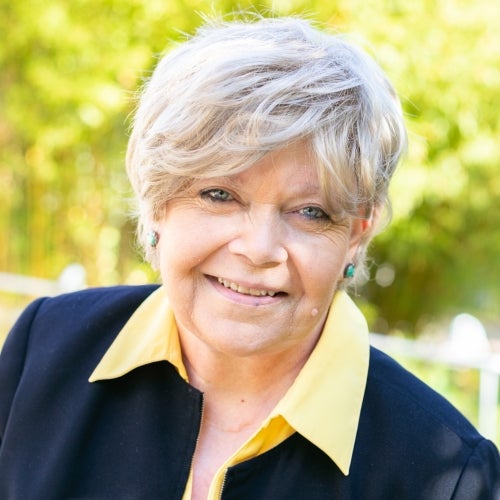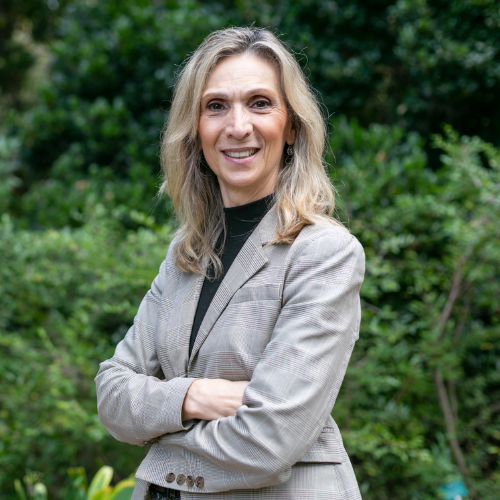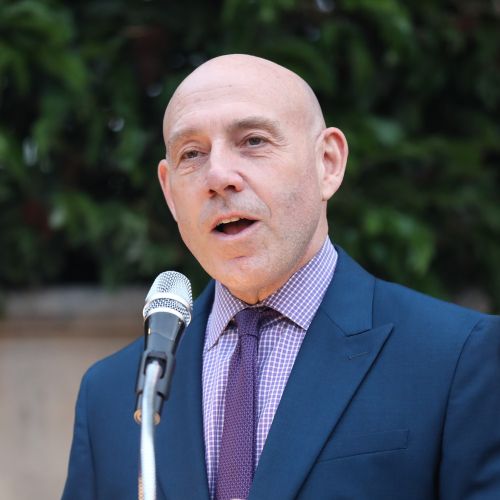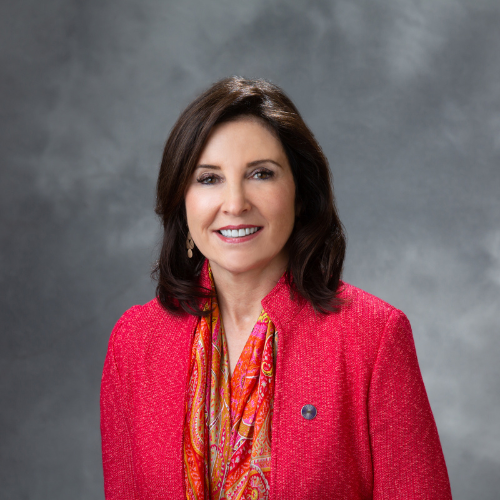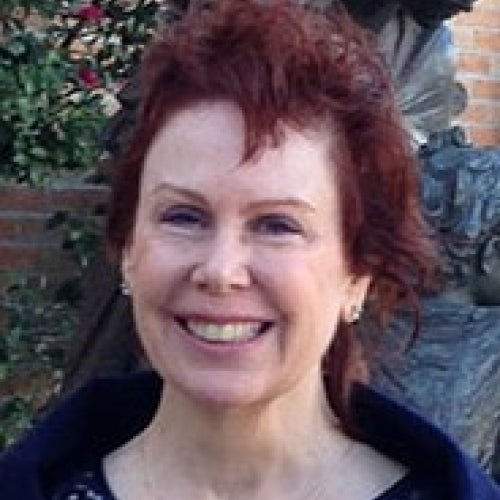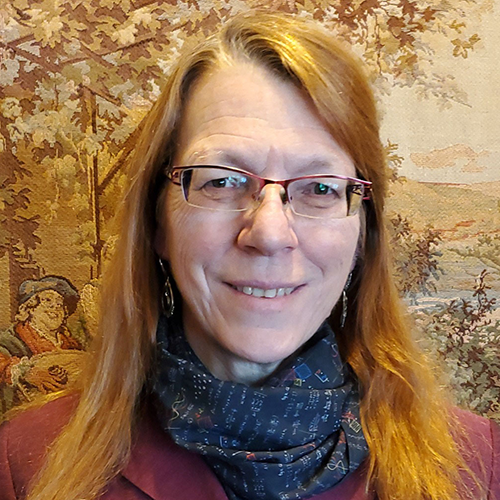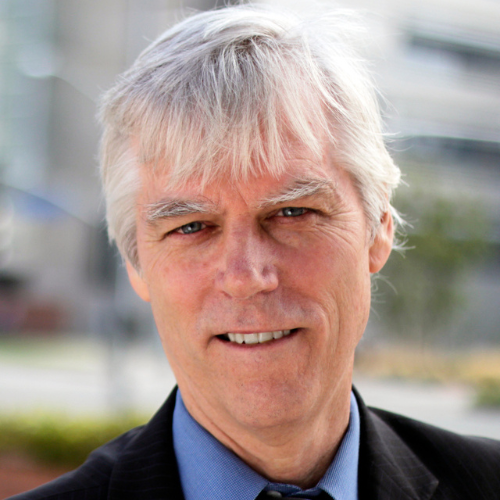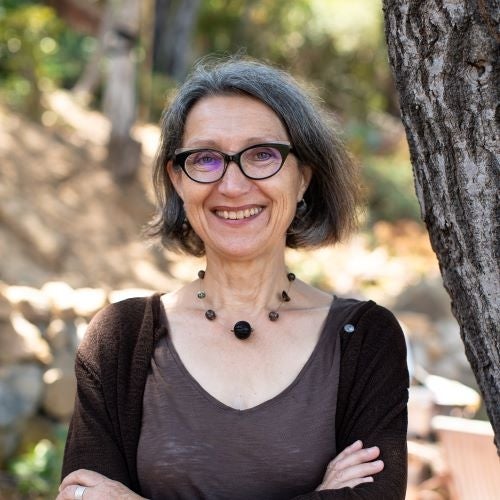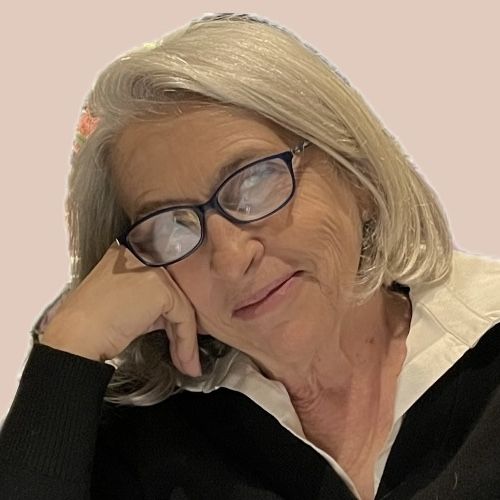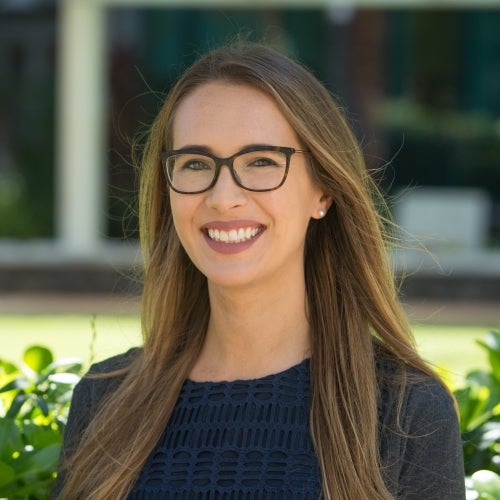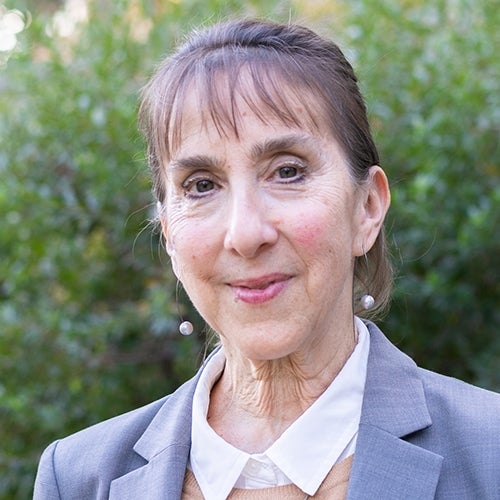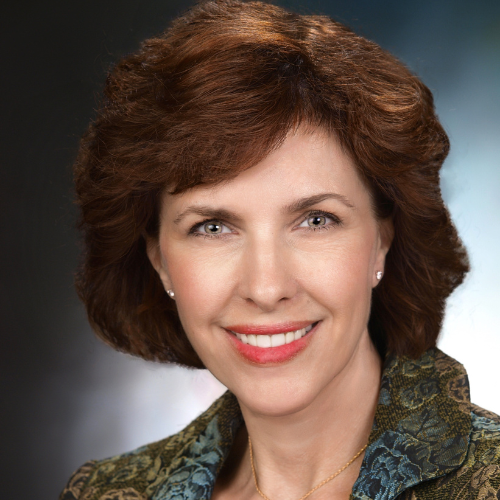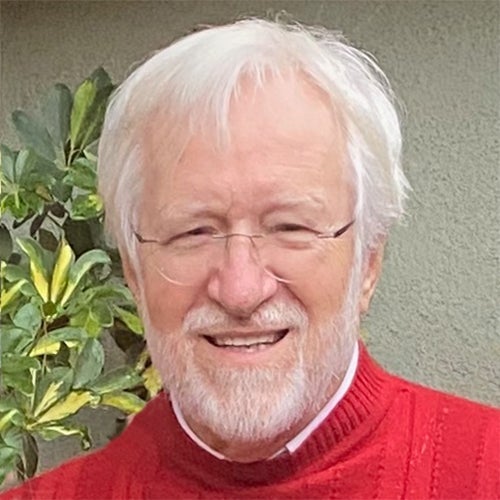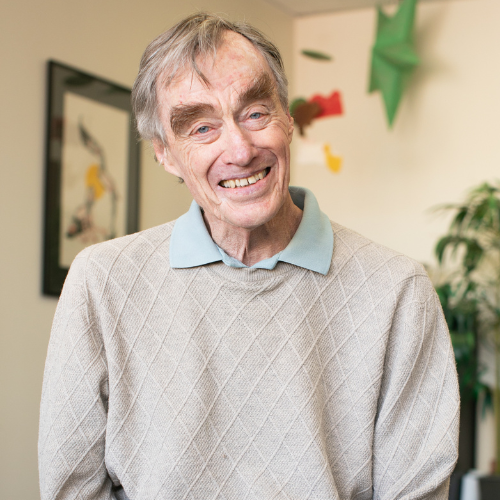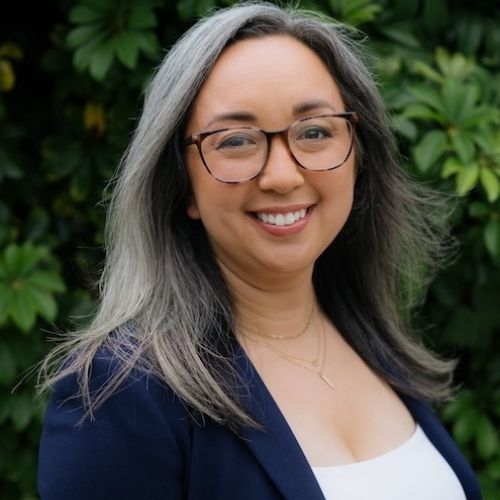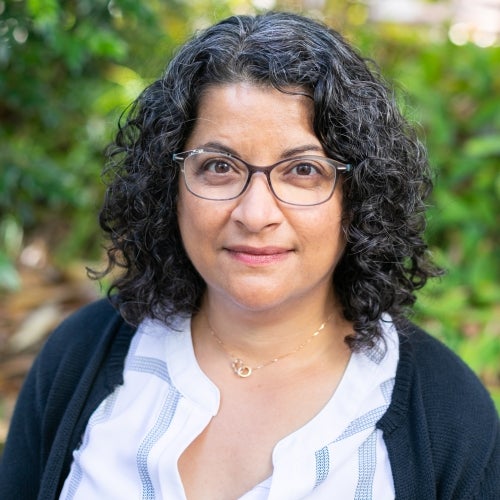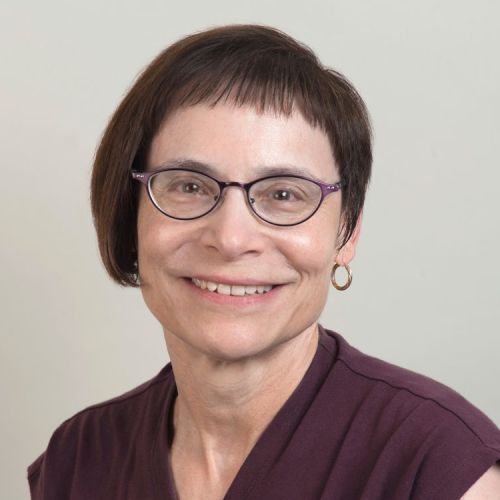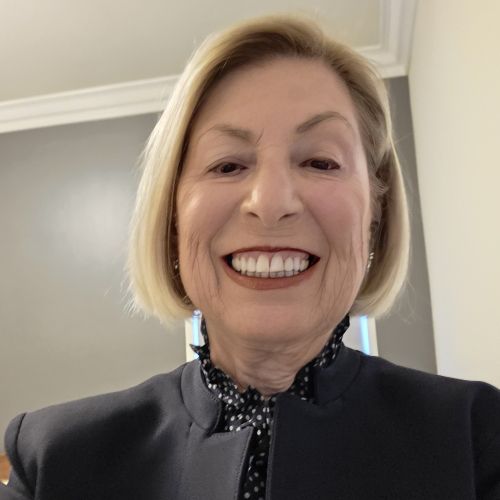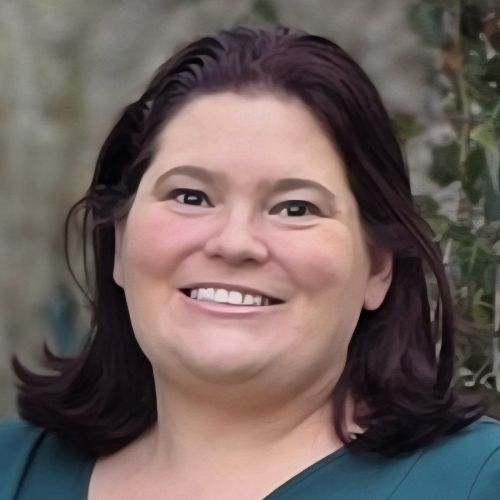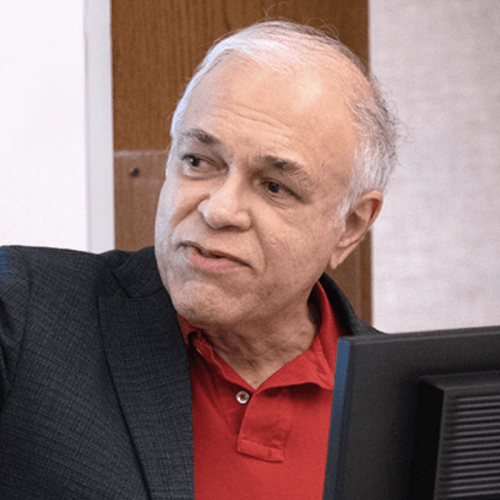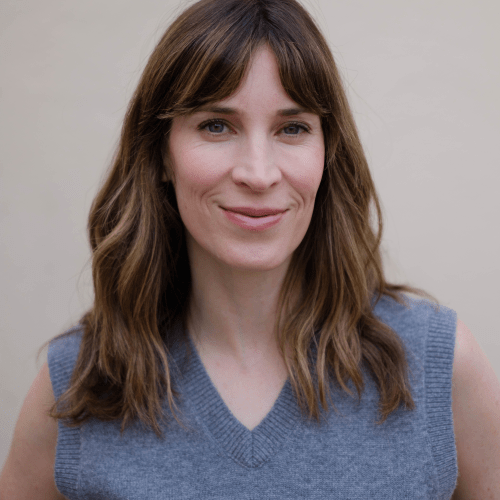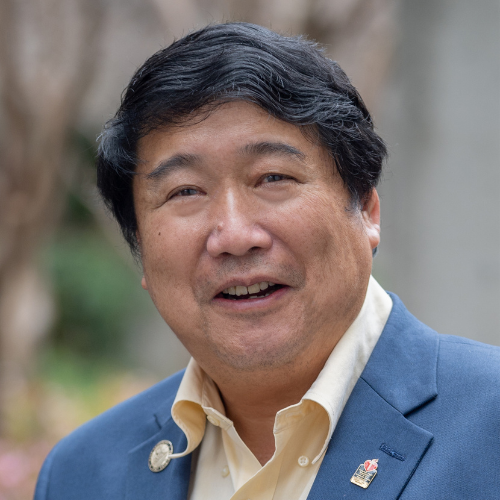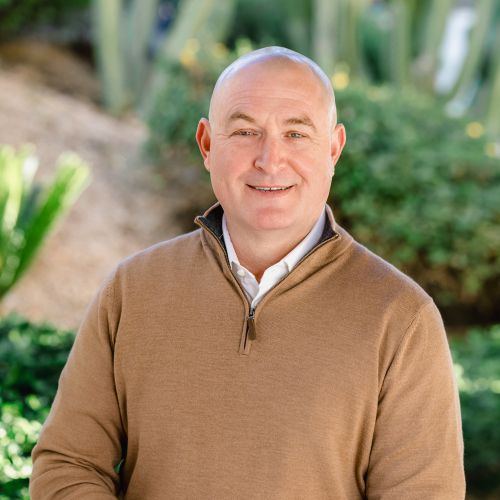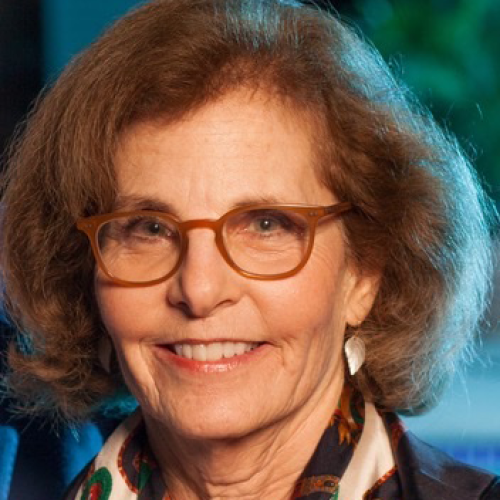UCLA FSPH researchers investigate COVID-19-associated deaths among citizens and non-citizens in California
David Hayes-Bautista and Paul Hsu have found that non-citizen Latino workers in California are among the most vulnerable to the COVID-19 pandemic.
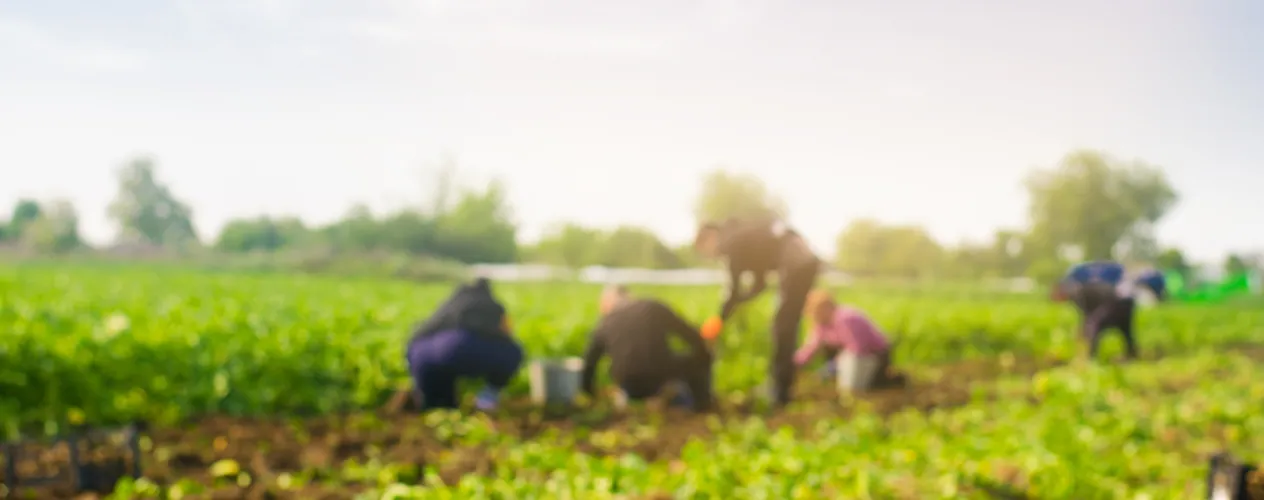
UCLA researchers have found that non-citizen Latino workers in California are among the most vulnerable to the COVID-19 pandemic because of their concentration in essential employment, including the state’s agricultural industry.
“The notion that Latinos are recently arrived immigrants is widely held,” said David E. Hayes-Bautista, a professor at the UCLA Fielding School of Public Health (FSPH) and the David Geffen School of Medicine at UCLA, who co-wrote the report. “But we have done the demographics of Los Angeles since its founding in 1781. The reality has been that the average Latino in this county has been born in California, ever since 1790.”
Some 80% of California’s 15 million Latinos are United States citizens; the 20% of Latinos that are not yet citizens, however, are concentrated in occupations and industries that expose them to COVID-19, researchers found. The largest number of Latino non-citizens in California are concentrated in the age groups 35-49 and 50-64, are more likely to be employed as essential workers, and therefore are more likely to be exposed to COVID-19.
“Even though public messaging on staying inside has been widespread, farm workers are still out in the fields, in order to provide support for their families and loved ones, risking continued exposure to both COVID and poor air quality,” said Paul Hsu, assistant professor of epidemiology at FSPH. “We have to do a better job at protecting these workers.”
Methods: Data on COVID-19 cases, stratified by race/ethnicity and by age group, were furnished by the California Department of Public Health (CDPH) on August 11, 2020. Population denominators to calculate the rate of cases per 100,000 were tabulated from the 2018 American Community Survey (ACS), the latest available.
The UCLA Fielding School of Public Health, founded in 1961, is dedicated to enhancing the public's health by conducting innovative research, training future leaders and health professionals from diverse backgrounds, translating research into policy and practice, and serving our local communities and the communities of the nation and the world. The school has 690 students from 25 nations engaged in carrying out the vision of building healthy futures in greater Los Angeles, California, the nation and the world.
Faculty Referenced by this Article
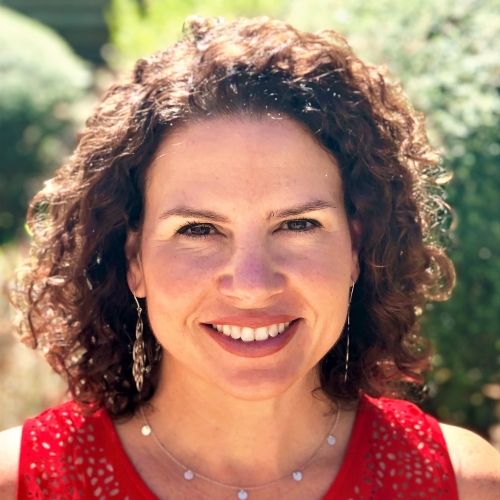
Dr. Joseph Davey is an infectious disease epidemiologist with over 20 years' experience leading research on HIV/STI services for women and children.

Professor of Community Health Sciences & Health Policy and Management, and Associate Dean for Research

Robert J. Kim-Farley, MD, MPH, is a Professor-in-Residence with joint appointments in the Departments of Epidemiology and Community Health Sciences

Dr. Michelle S. Keller is a health services researcher whose research focuses on the use and prescribing of high-risk medications.

EMPH Academic Program Director with expertise in healthcare marketing, finance, and reproductive health policy, teaching in the EMPH, MPH, MHA program
Nationally recognized health services researcher and sociomedical scientist with 25+ years' experience in effectiveness and implementation research.
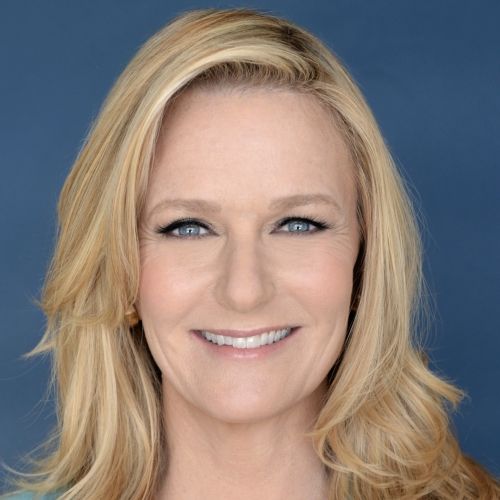
Dr. Anne Rimoin is a Professor of Epidemiology and holds the Gordon–Levin Endowed Chair in Infectious Diseases and Public Health.

Dr. Ron Andersen is the Wasserman Professor Emeritus in the UCLA Departments of Health Policy and Management.
